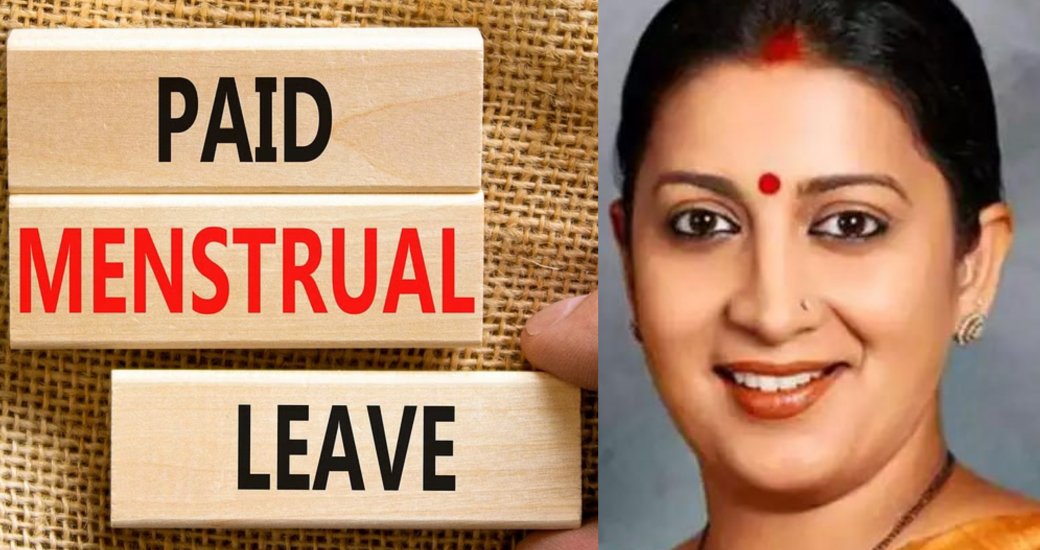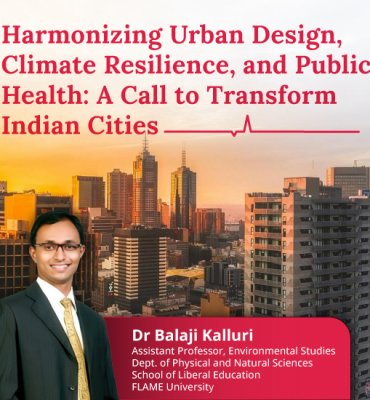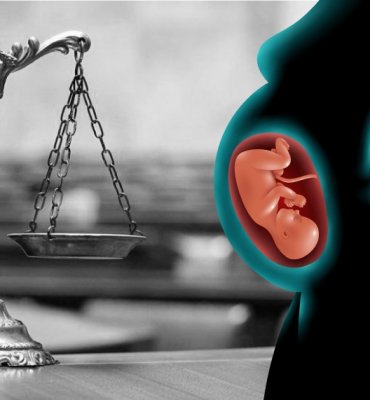
Can true equality be achieved by acknowledging and embracing our differences, or does it require an approach that transcends gender-specific considerations?
In a recent statement, Indian politician Smriti Irani stirred controversy by asserting that paid menstrual leave shouldn't be a reality, as menstruation is a natural process, not a disability. This viewpoint has sparked diverse reactions, with some viewing it as a step toward genuine gender equality and others challenging the notion of treating men and women on the same parameter.
On one hand, the argument for equality suggests that women have long demanded to be treated on par with their male counterparts irrespective of their menstrual cycles. Advocates of this viewpoint argue that acknowledging menstruation as a natural process rather than a hindrance to productivity is a stride towards the equality women have been striving for.
On the other hand, men and women are inherently different, and attempting to treat them equally might be overlooking these inherent distinctions. The monthly biological cycle, sets women apart in terms of physical and emotional experiences that men may not fully comprehend. The pain, discomfort, and hormonal fluctuations during menstruation create a unique set of challenges that merit special consideration.
However, the question arises: Can true equality be achieved by acknowledging and embracing our differences, or does it require an approach that transcends gender-specific considerations?
While women undeniably navigate challenges that men do not face, the call for equality has traditionally been rooted in the desire to bridge the societal gaps that have long favored one gender over the other. Should acknowledging and addressing the unique aspects of women's experiences during menstruation be seen as a concession to these inherent differences, or is it a crucial step towards genuine understanding and equality?
In a world striving for inclusivity and equity, the conversation surrounding menstruation and workplace policies challenges us to reconsider our preconceptions about gender roles. The ultimate question remains: Can we achieve true equality by recognizing and accommodating the distinct experiences of both genders or does it require a more nuanced approach that goes beyond the constraints of biological differences?
As society grapples with these complex questions, it becomes evident that the path to equality is not a one-size-fits-all solution. Perhaps, the journey towards genuine understanding and equity requires a delicate balance between acknowledging our differences and working towards a world where every individual is afforded the same opportunities, irrespective of their biological characteristics.










